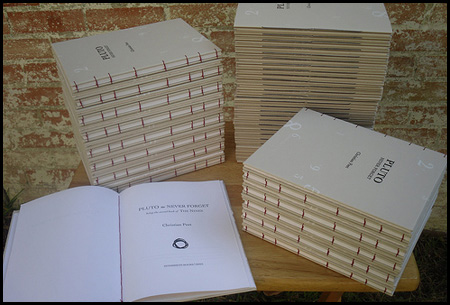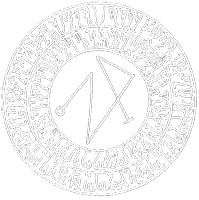Cleopatra had not planned to leave her post at the Higher Institute of Sciences and Technology of Mozambique. But, then, neither had she planned on Mozambique President Samora Moisés Machel’s plane crashing in the Lebombo Mountains. Nor could she ever have imagined that Machel would not number among the ten survivors. Certainly, she reasoned, no one among the survivors would have believed, that exactly eight weeks shy of the 20th anniversary of Machel’s death, the very solar system would be reduced to eight planets.
Already the framework was coming apart.
“The rich man’s dog,” Machel had told the world, “gets more in the way of vaccination, medicine, and medical care than do the workers upon whom the rich man’s wealth is built.” In response, enraged Portuguese rulers—with the assistance of leaders from dozens of Western nations, as well as a private team of linguists—conspired to drain Machel’s words of both their poetry and their sense. The Colonizers’ official public response was but a single sentence, at once tepid and unabashedly offensive: “Many emotional cries are conditioned by recognition of a previously experienced situation; thus we may say, in a sense, even the cries of animals express recognition.” The Portuguese Ministry of Health, however, bowing later to human rights activists and a sudden influx of Canadian folk singers drawn to Machel’s words, consented to “revisit” their policy of encouraging East Africans to treat a range of illnesses at home, using only ground nutmeg, morning glory seeds, and a few household cleaning products.
“Are we, like Machel’s followers and family, supposed to take consolation in the ‘fact’ that Neptune remains?” asked Cleo, addressing the members of the Townshend, Vermont chapter of Virtuous Pagans, cloaked in dye-free hemp, assembled in the woods behind Leland & Gray High School. “Already Neptune has its detractors—purists, who claim that the eighth planet possesses ‘none of that unity of atmosphere, that envelope of light, which so distinguishes the other seven.’ My friends, we must not forget that there are certain powerful people who depend on our believing that all is chaos and that chaos is to be feared. Even Stephen Hawking—who once wrote that the human race ‘has established a small corner of order in an increasingly disordered universe’—today floats, quite literally, ever closer to its edges.”
“The freak tells us we need to colonize the moon rather than fix our own planet,” interjected another coven member. “Big load of help he is.”
“I’m afraid that Hawking may be right,” said another. “I think we need to get our hands on a map of the moon, my friends. A topographic map, specifically, on a scale of two inches to the mile, with twenty-foot contour intervals. I Googled some images, yesterday—anonymously, of course, plugged into the local library’s ISP—but I couldn’t get access to the good stuff. ”
“Yeah, well, you two send us a postcard,” scoffed an Adjunct Priest near the edge of the woods. “And some pictures of y’all in your moon boots.”
Laughter and hooting erupted from the crowd. Cleo stamped her hickory staff, three times, and called the meeting to order. “I move to table the discussion until next week. There appears no imminent threat.”
“I second the movement,” sighed Cleo’s mother, not looking up but continuing to knit a rainbow shawl.
“Final item on the agenda,” said Cleo, “the so-called Norm-Referenced Experiment being conducted at the local hospital. It seems that some of us are participating in the experiment, and others among us have expressed concern.”
One Sister moved to the center of the circle. “Apparently, anyone willing to devote half an hour, Monday nights, to a little chat and a check-up, can leave with a week’s supply of pharmaceuticals. All courtesy of Pfizer. Any Virtuous Pagan worth her robe knows to boycott big businesses—are we now making exceptions for free drugs?”
Cleo was beginning to tune out. Like a distant bird song in the early dawn, memories of Mozambique’s summer shores called to her from somewhere behind the maples dripping with cold dew. “Dearest Sister,” she replied, her voice the very sound of tolerance, “The answer is simple and beyond debate. Let us all turn to Liber XVII, page 436, in the Book of Intuition, wherein we find these words by our founders: ‘While the union of occultism and pharmacology neither fully embodies nor fully explains our essence, Intuitionists are in every sense free—yea, even encouraged—to experiment.’ Meeting adjourned.”
 © 2008 Christian Peet. Published in the chapbook, Pluto: Never Forget (Book II of The Nines), from Interbirth Books. Originally published in Denver Quarterly.
© 2008 Christian Peet. Published in the chapbook, Pluto: Never Forget (Book II of The Nines), from Interbirth Books. Originally published in Denver Quarterly.
